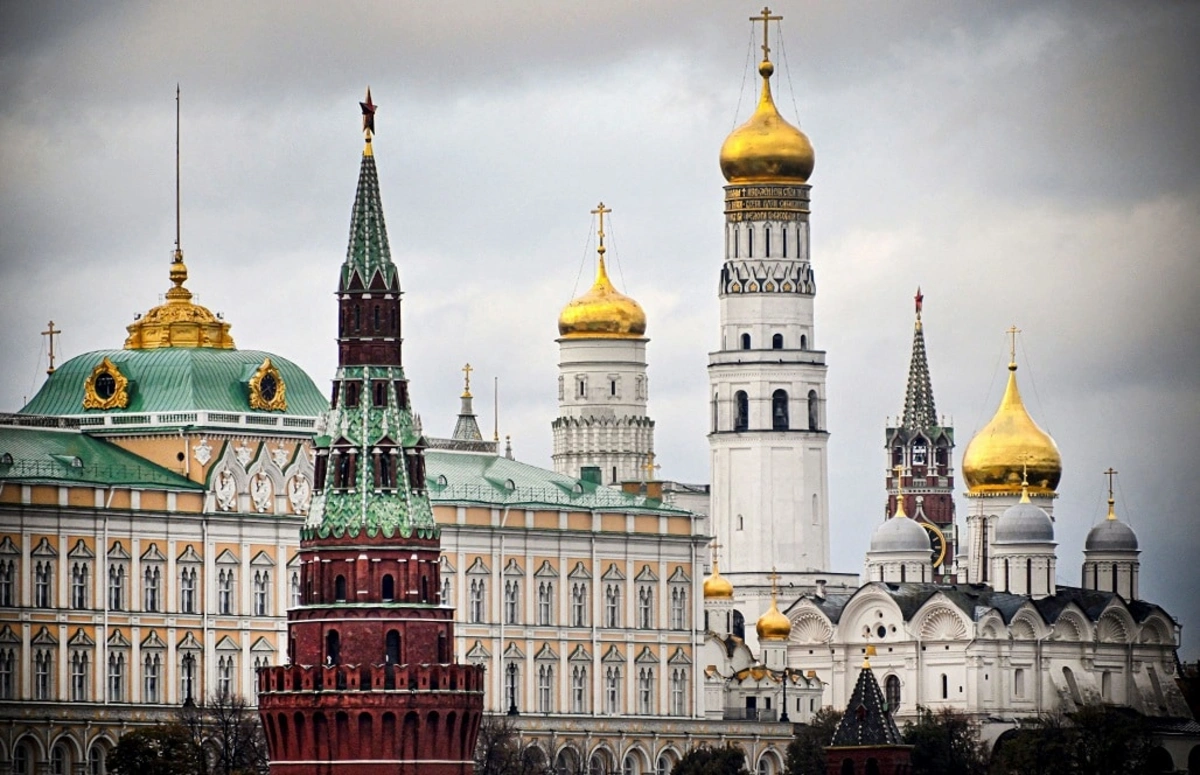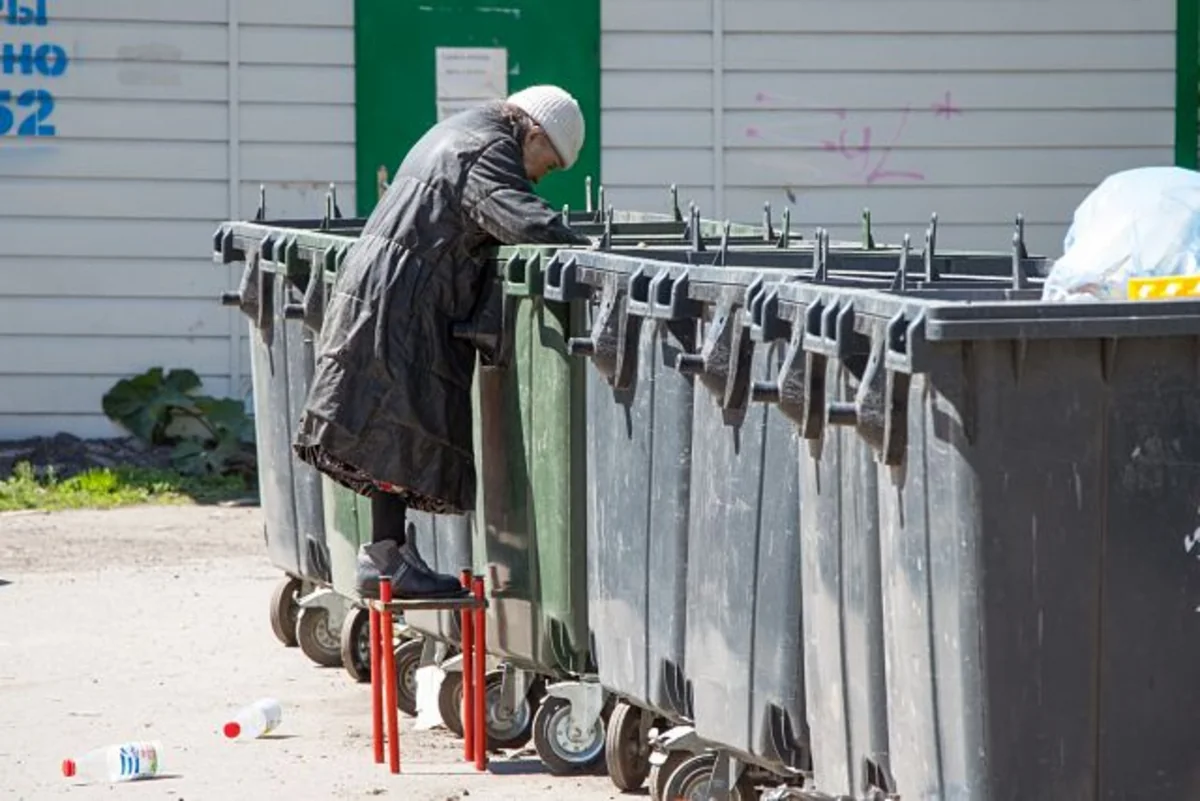Serfdom Russia: You can't understand Russia with your mind, You can't measure it with a common yardstick - COMMENTARY
- 30 June, 2025
- 09:06

The world has been waiting with hope for decades, but Russia demonstrates at every step that it will never change its essence.
Three centuries of tsarist rule, 70 years of the Bolshevik regime, and finally 'democracy' after 1991... These are the state structures that have succeeded one another in Russia over the past four hundred years. However, despite different forms of government, their essence in this case is the same.
The constant policy of occupation, aggression against neighbors, oppression of its own people, attempts to destroy other nations—this is the firmly rooted nature of Russia since its creation. Time, changing circumstances, and other important factors still cannot change this essence.
Russia has "enriched" its image as the "gendarme of Europe," which it acquired in the 19th century, known in its history as the "golden age," and in subsequent periods. The stain that Nicholas I placed on Russia's forehead through his participation in the bloody suppression of the Hungarian revolution (1848-49) is today worn by Vladimir Putin, like all his predecessors, as a "badge of honor."
The year 2025, the world is at the peak of its scientific and technological development, current challenges succeed one another, countries are searching for ways to solve global problems... But all this has absolutely nothing to do with Russia. This country, even in the first quarter of the 21st century, remains in the same position that Alexander Blok wrote about in 1908: "Russia, impoverished Russia."

Russia has repeatedly proven in practice that for it, there is not only no concept of a friend-ally, but also a brother. It has not renounced by one iota its aspirations to trample in prosperous times those who stood by in difficult days. That is, such is the state (im)morality of Russia. If this were not the case, former allies would not be looking for ways to protect themselves from the "northern bear" after the shameful collapse of the USSR.
Soviet poet of Ukrainian-Russian origin Yevgeny Yevtushenko wrote a poem in 1961 titled "Do Russians Want War?" After the bloody massacre carried out by the Soviet army on January 20, 1990, in Baku, director-screenwriter Ziya Shikhlinskiy made a short film with the same title. This film tells about the mass killings committed by the Soviet (Russian) army in Budapest in 1956, in Novocherkassk in 1962, in Prague in 1968, in Alma-Ata in 1986, in Tbilisi in 1989, and in Baku in 1990.
After describing the massacres in these cities, the repeatedly asked question is perceived as an unambiguous answer from the public. To claim the opposite, to say "no, Russians don't want war," one would have to be insane.
The blood spilled in ethnic conflicts in the post-Soviet space, which soon after the collapse of the USSR turned into merciless wars, is also on Russia's long-lost conscience. Of the conflicts in Karabakh, Abkhazia, South Ossetia, Transnistria, only the first was eliminated by the will of the Azerbaijani state. The rest of the regions are still sitting on a "powder keg" that could explode at any moment.

Russia's military aggression against Ukraine, which began in February 2022, as mentioned above, is an indicator that nothing is sacred for this country. Putin, trying to raise again the broken and trampled flag of Nicholas I, mercilessly destroys blood brothers because of his malice. Russian society, deprived of the ability to resist and zombified, with few exceptions, applauds this process while standing.
In such a situation, what understanding or common sense can be expected from Putin and the dominant people of Russia toward other nations? The gangster raid by Russian "OMON" against Azerbaijanis in Yekaterinburg two days ago, which resulted in the deaths of two of our compatriots and dozens of people subjected to brutal violence, is already beyond all boundaries.
This arbitrariness by those wearing Russian state attributes on their uniforms cannot be considered accidental. No matter how prone they are to "lawlessness," they could not have done this in such a demonstrative form without the sanction of Putin's military-police regime. And it is obvious that the functions of the "skinheads," whom Russia used against "newcomers" in the 1990s, are now performed by law enforcement agencies that have turned into racketeering groups. And this is with Putin's direct blessing.
Why does Russia treat Azerbaijan, with which it signed an alliance treaty two days before the military aggression against Ukraine, and Azerbaijanis in this country this way? The reason is clear and simple. Azerbaijan's restoration of its territorial integrity and minimizing Moscow's ability to influence Baku infuriates Putin.
Putin, who has backed himself into a corner in Ukraine and has gone so far as to beg North Korea for military aid, couldn't even raise his voice during the 12-day war between Israel and Iran. Entering the war on the side of Iran, from which Putin begged for drones to use against Ukraine, is not even a topic for the Kremlin master's dreams. Understanding this, Moscow apparently saw Azerbaijanis doing business in Russia as powerless. But it's worth remembering - Azerbaijan stands behind every Azerbaijani and responds to events by taking necessary steps.
The "brown bear" realizes that it is isolated from the entire world. Even the states it considers closest are waiting for the right moment to distance themselves from Russia. Belarus, leading in this regard, has already begun building a "back yard" with the intention of normalizing relations with the West. That is, Putin's time has already come...
In conclusion, I'll recall an instructive case. In September 2001, the Russian national football team lost to Slovenia in Ljubljana. Frankly speaking, the English referee "buried" the Russians with his biased decisions. At the press conference after the game, Russia's head coach Oleg Romantsev, pointing to the referee's bias, said: "I don't know why they dislike us so much in Europe?"
His seemingly naive question is so rhetorical...
